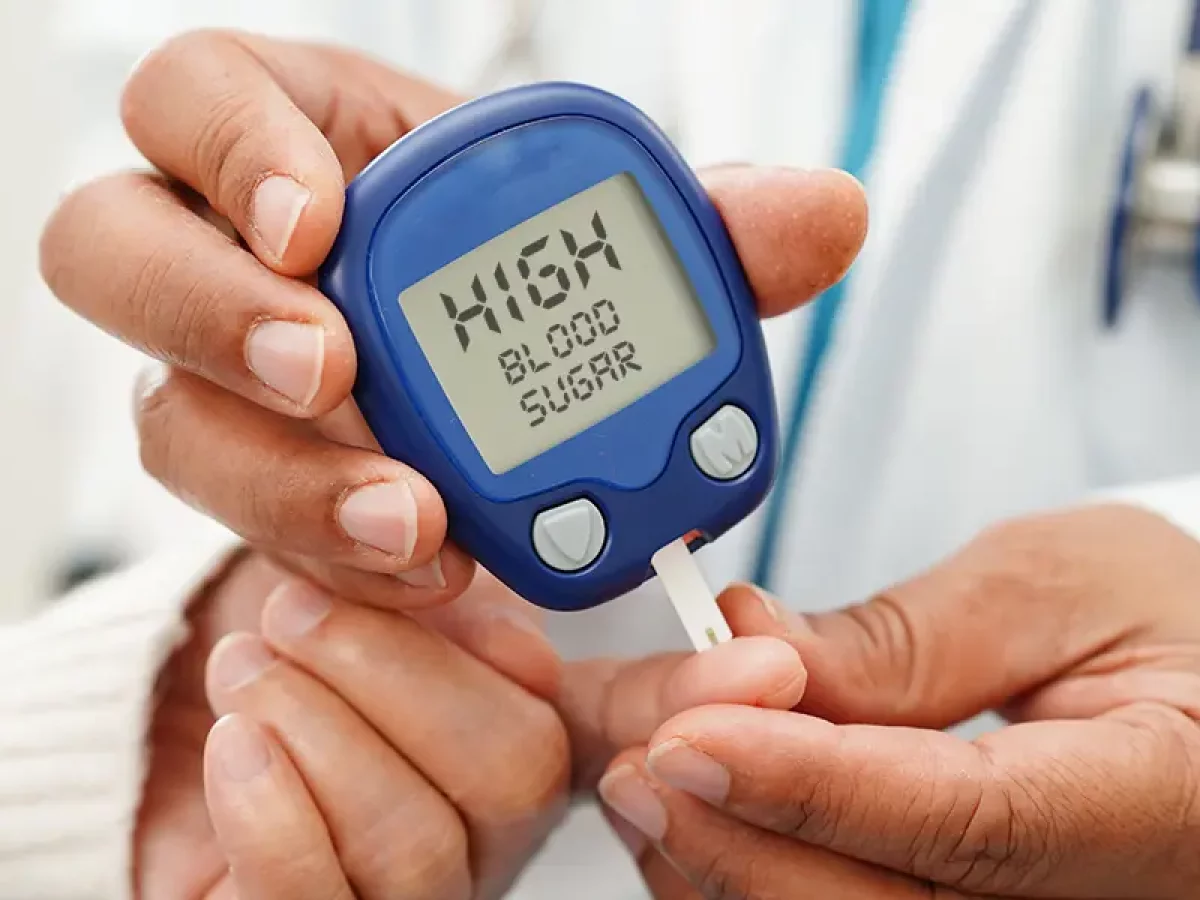According to the World Health Organization, hyperglycemia refers to elevated blood sugar levels.
This condition is diagnosed when fasting blood glucose exceeds 7.0 mmol/L (126 mg/dL) and rises above 11.0 mmol/L (200 mg/dL) two hours after eating.
Hyperglycemia most often affects individuals living with diabetes.
The main contributors are the body’s inability to respond properly to insulin or the destruction of insulin-producing cells in the pancreas.
Recognizing early signs of high blood sugar is vital, as timely detection may help prevent complications and reduce the risk of additional health concerns.

Persistent Thirst
When blood sugar is too high, the kidneys struggle to reabsorb all the excess glucose. This triggers increased urination, which pulls water from the body and leads to excessive thirst, as the system attempts to restore fluid balance.
Increased Appetite
High blood sugar levels interfere with how the body converts food into energy. Since glucose cannot enter the cells efficiently and stays in the bloodstream instead, the brain misreads the situation as an energy shortage, prompting an increase in hunger.

